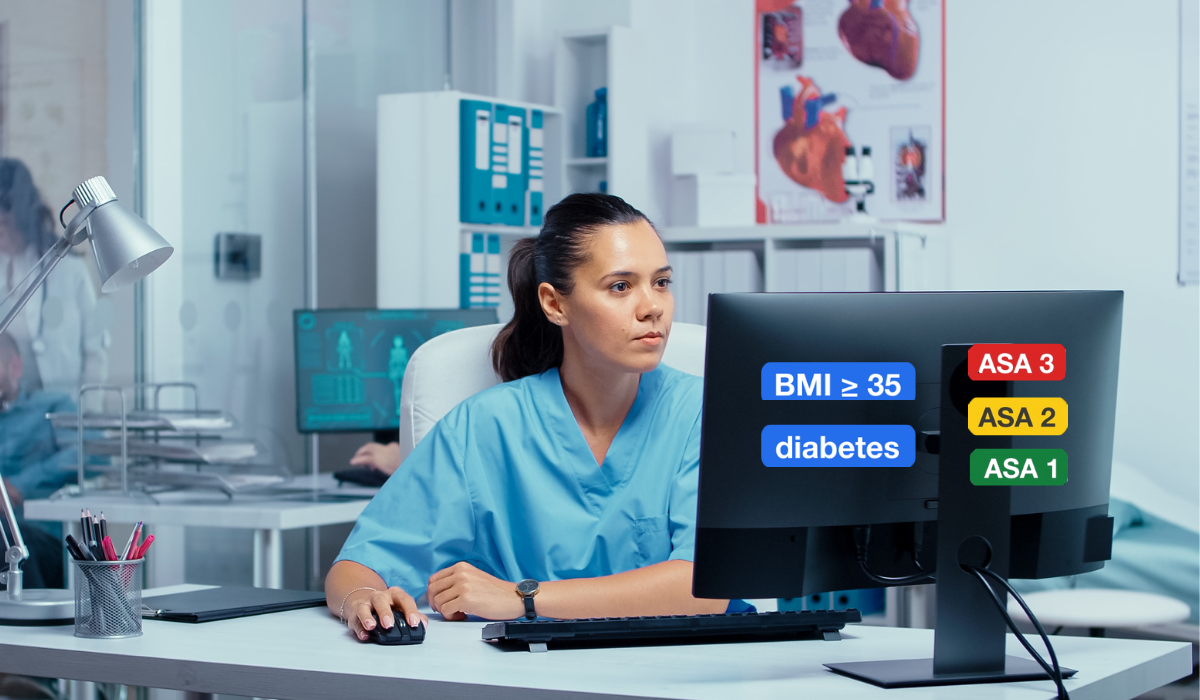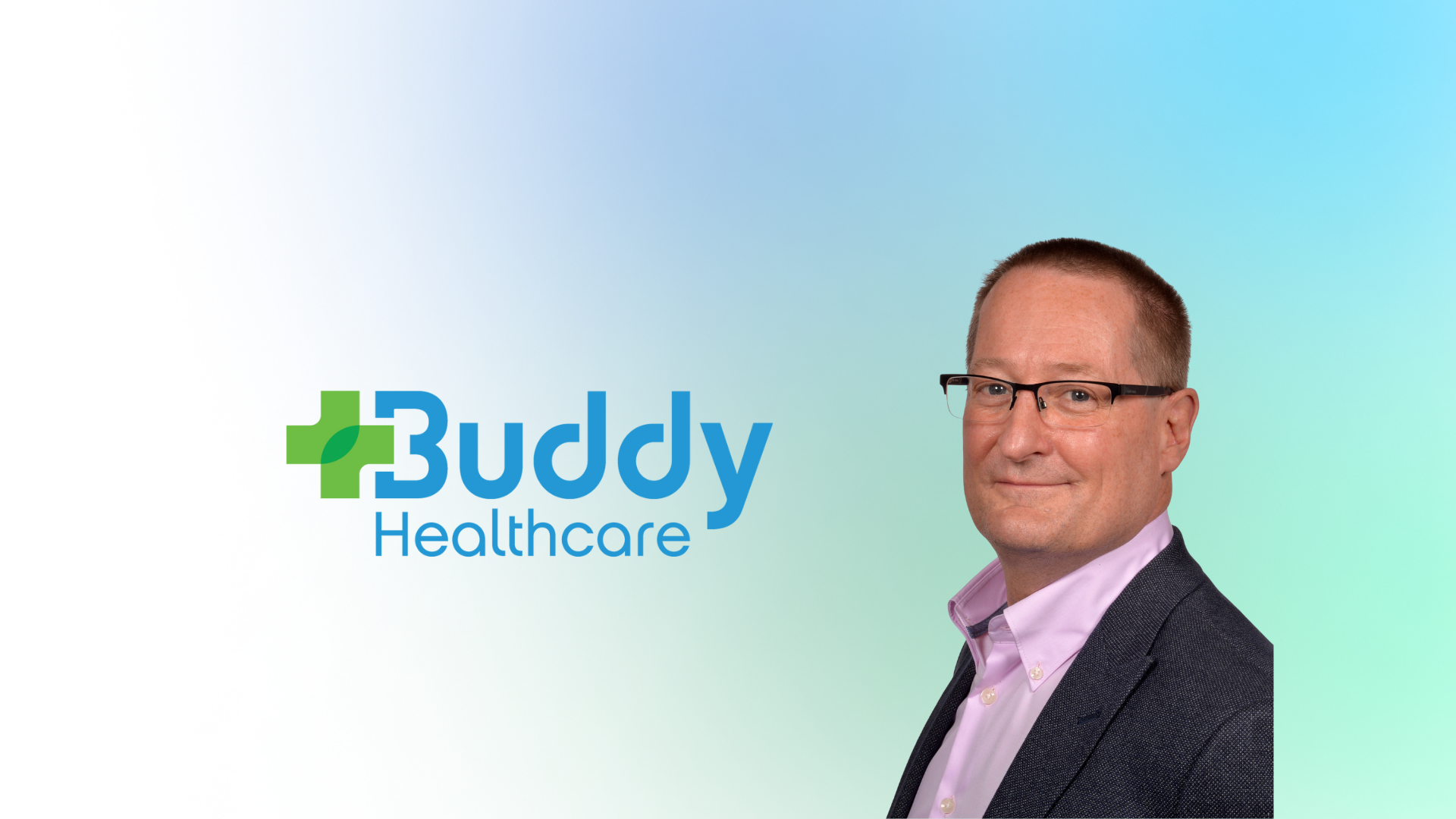Our Chief Sales Officer, Markus Lind, wrote a guest blog for 2M-IT on how hospitals can streamline patient management and coordination today, and how it could look in the future. The original blog was in Finnish, and we have produced an English translation here.
Hospitals primarily prepare and guide patients preoperatively by calling or sending letters. Both calling and mailing require a lot of time, effort, and consist of several different phases.
Finland-based Buddy Healthcare’s Care Coordination Platform helps hospitals automate patients’ care coordination processes. Care process automation and digitisation benefit both care personnel and patients.
The patient-facing app ensures that patients are aware of the next steps
The patient engagement mobile application has an easy-to-use, timed timeline that displays all information related to their care, as well as instructions and in-app questionnaires. The platform reminds patients about upcoming tasks automatically, and the patient is always aware of what the next steps need to be taken or which tasks need to be completed. Patients have the option to send messages directly to the care personnel or book a time for a video visit.
The care personnel dashboard enables remote patient monitoring and interaction
While patients are using a mobile app, the care personnel dashboard provides a real-time overview of all patients' pre- and postoperative preparation tasks. In the preoperative phase, care personnel can see at a glance if patients have read all the education, submitted pre-op assessments, and followed dietary and medication instructions. In the postoperative phase, it is possible to monitor post-op exercises, measure pain in real-time, and collect patient-reported outcomes and patient-reported experience measures. The dashboard provides an attention notification if there is a patient who is about to deviate from their care pathway. There is no need to take action with those patients who are properly adhering to the timeline tasks. They will continue their journey towards the procedure with the help of an automated supporter.
Remarkable results with the platform
Hospitals have been able to reduce administrative work with the help of the BuddyCare platform. For example, one outpatient surgery clinic has been able to reduce phone calls by 98% while eliminating mailing letters. The feedback patients provided has been positive, and timed reminders have helped them to remember all needed tasks and appointments. Patients love that all instructions and educational materials are available to them 24/7.
The modular platform enables scaling inside the hospital
Buddy Healthcare's care coordination platform is very modular, enabling digitising several different care processes inside the hospitals. The platform has been used to automate care coordination in outpatient surgeries, gastroenterology, and psychiatry. The platform is currently in use in 12 hospitals in Finland, three hospitals in Germany, and altogether covers 15 different medical specialities.
How does care coordination automation look in the future?
In the future, patients will take more leading roles regarding their care than ever before. The new health technology tools will enable patients' active participation in their care and schedule when it takes place. Care processes are adjusted based on patients' care statuses, symptoms, and activity.
Care coordination technologies will automate many administrative tasks for the care personnel. The future tools will analyse and visualise data and assign patients to the right healthcare professional. The health technologies will enable patients themselves to schedule both outpatient visits and procedures.
Healthcare digitisation will support hospitals' multidisciplinary approach. The digital care path will provide patients with a consistent care process from primary care to speciality care or rehabilitation.
Care coordination platforms collect data for analysis before video visits
Use of video visits has increased, especially this spring, and the use of remote patient meetings will increase. However, it should be realised that video visits require nearly as many resources as physical meetings. They do not automate care personnel's work the same way that care coordination platforms do.
The care coordination platforms will be collecting valuable data from the patients before video visits. The data collected in advance helps healthcare professionals evaluate if there is a need for a video visit or if the patient should be directed to another healthcare professional. With the pre-collected and evaluated data, the patient can be directed to the right healthcare professional. The pre-collected data aids in earlier recognition of patient condition, thus saving care personnel time and resources.



